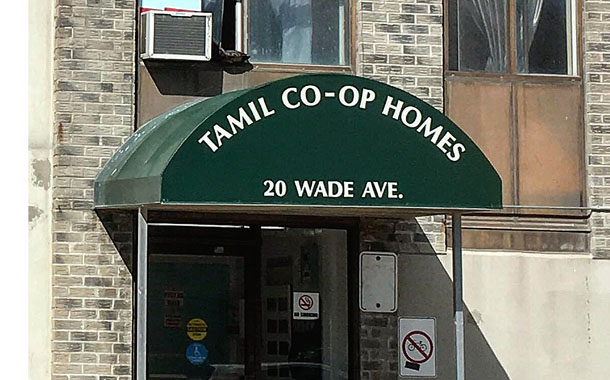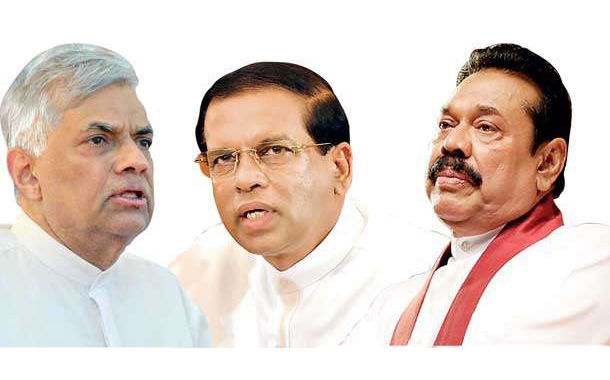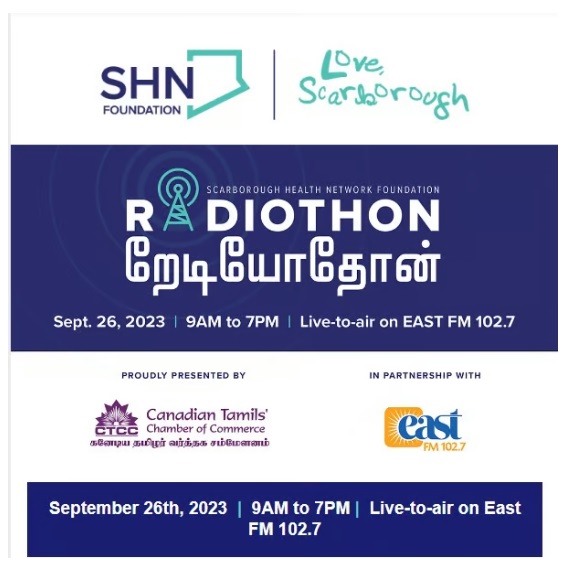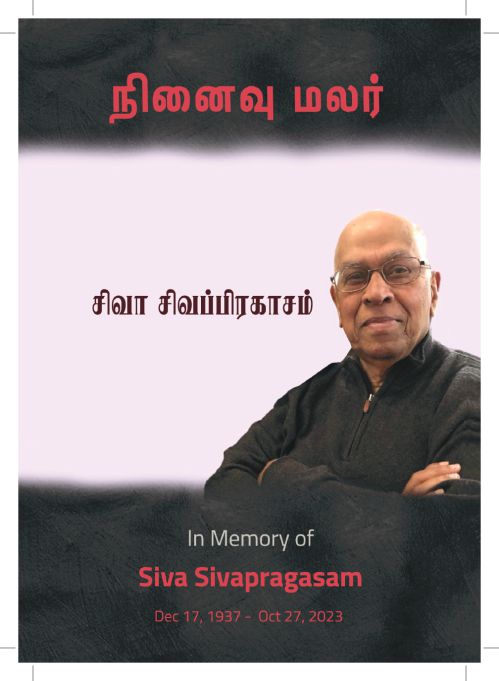Throughout my university education, I learned of the premium that is placed on critical thinking as a skill or competency for not only the workplace or professional world that you prepare for, but with civic duty and the electoral process.
One of the most remarkable issues in the 2018 municipal elections across Ontario has been the cut to Toronto city council from 47 to 25 councillors during the election period itself. It has dominated both the election as well as the news cycle, as evidenced by thecomplications that have followed on this issue. Yes, while this matter has significant electoral implications, it has reinforced another highly topical issue for Toronto???s electionas well as those in a handful of Ontario municipalities: housing
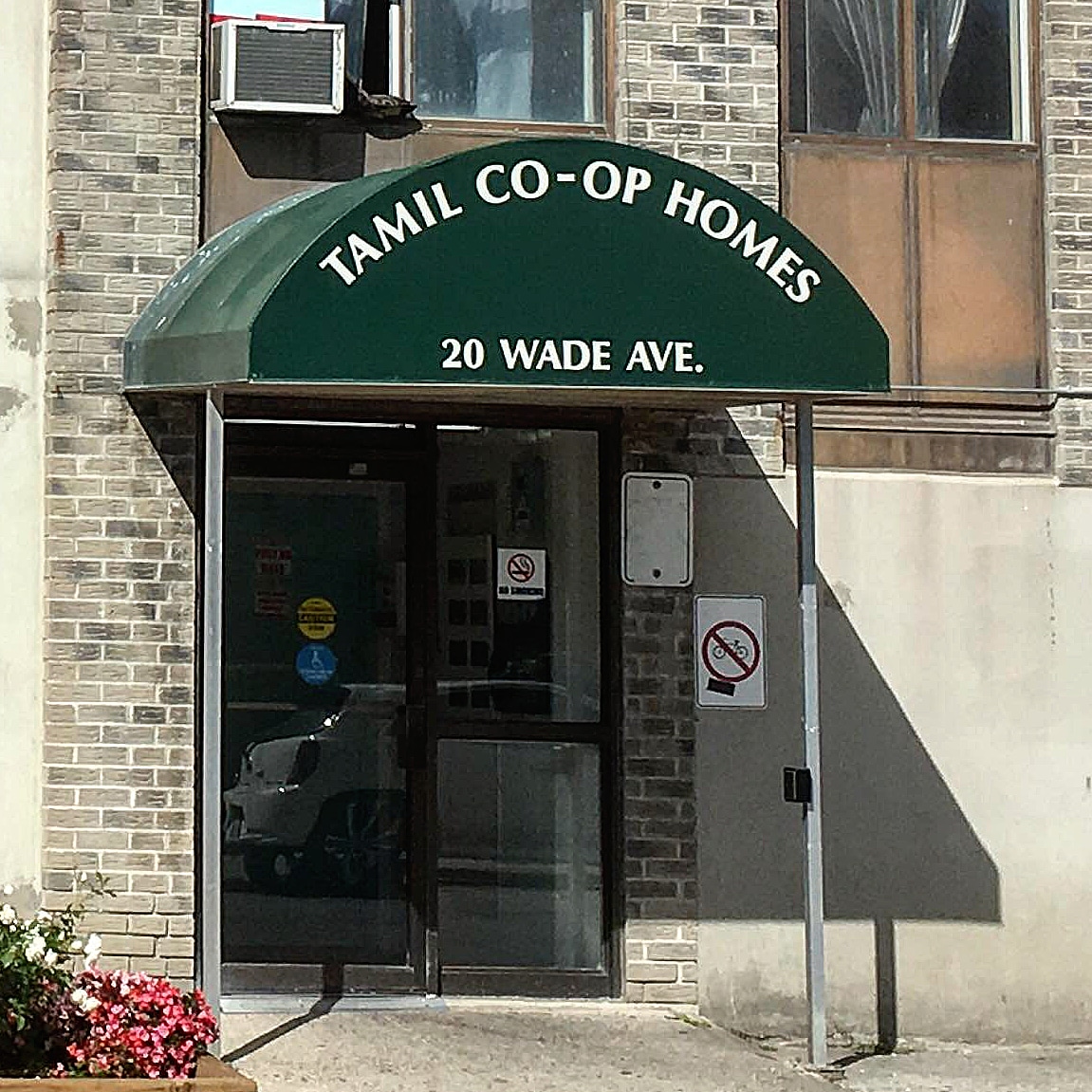
As for policy platforms, former city planner and frontrunner, Jennifer Keesmaat is committed to building 100,000 units of truly affordable, high-quality housing in the next 10 years. Meanwhile, John Tory, the current mayor of Toronto, would approve the??construction of 40,000 affordable rental units over 12 years, roughly 3,300 annually.In terms of housing policy, there is something of a system around it in Canada that is not centered on the market or real estate. In that sense, it is critical to realize the valuable social and physical as well as mental health benefits on individuals in generating their own personal and professional success in Toronto and elsewhere.
In that sense, the Monsoon Journal received the opportunity to learn more extensively of this effect through one of the oldest social housing institutions in the city, which is the Tamil Housing Co-op.Indeed, at firsthand, it has an incredible depth of history for the Sri Lankan Tamil community in Toronto itself in addressing the housing needs of individualsacross the city of Toronto. Co-ops are a unique form of housing as the tenants renting and occupying the units take an active role in shaping the quality and safety of their home through a system of democratic governance. The decision-making structure is comprised of a board of governors elected by the members. Their committees assist the board in manyareas of governance such as finance, maintenance, youth, culture, sports and gardens. It contains 129 units, with 65 unitsmade available for rent geared to income (RGI) subsidies that are administered by the city of Toronto.
It was founded in 1988 as affordable shelter for Tamil refugees who fled ethnic violence in Sri Lanka to have a strong start with their new life in Canada. Next, it contains a library of literature in Tamil and English from Sri Lanka, with a few collections donated tothe Tamil studies program at the University of Toronto.The Tamil language books were from Sri Lanka, India and the Toronto Tamil diaspora including books of three authors form the Co-op. It also recently received some funding from the province. CHFT offers diversity scholarships, youth and garden awards. The Tamil Co-op has been the recipient of scholarships, both youth and garden awards. The co-op receivesgovernance support from the Co-operative Housing Federation of Toronto. CHFT offers diversity scholarships, youth and garden awards. The Tamil Co-op has been the recipient of scholarships, both youth and garden awards. The diversity scholarship was at one point received by Sophia Laing, a Vietnamese tenant, who went onto study biomedical science at York University as a stepping stone to become a medical doctor.
On November 10, 2018, the co-op will celebrate its 30thbirth anniversarysoon after the upcoming municipal elections.As with Sophia, the housing co-op has had tenants of other ethnic backgrounds, with the most recent being Burmese and Rohingya refugees making it their home.Despite the council size cut made by the current provincial government, city councillor, Ana Bailao still represents the ward where the Tamil co-op is located and has been regarded as being instrumental to the resiliency of the co-op???s operations. Accordingly, she has a perspective of urban development with a consciousness in tune with thinking on affordable housing. That is a policy direction that the members at the Tamil co-op hope to continue with her re-election along with that of a like-minded mayor for not only in the next 4 years, but also the next 30 years and beyond.
As October 22 approaches, ensure you think critically about your choices for ward councillor in Toronto and in elections across the Greater Toronto Area on a variety of municipal issues including housing.
Contributed by Harrish Thirukumaran,
2019 Master of Public Policy Candidate, Munk School of Global Affairs and Public Policy





